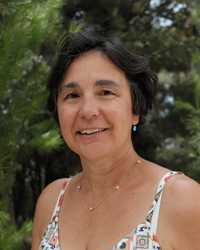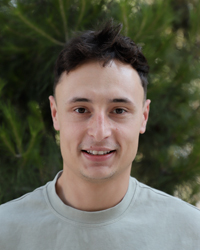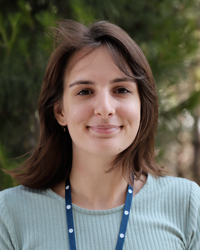The research area of the “Nucleosides & Phosphorylated Effectors” team, is clearly at the frontier of the chemistry and the biology, aiming to design potential therapeutic agents with original mechanism of action that will be able to selectively interfere with cellular proliferation (cancers) or infectious agents (viruses, parasites), as well as to identify new potential targets for chemotherapy. Due to historical background and cumulative knowledge, our research projects aspects involve the development of new synthetic methodologies in the field of nucleic acid constituents (heterocycles, nucleosides and nucleotides). Our investigations also concerned the design of prodrugs for site-targeting or drug delivery. More recently, we have also been interested in the development of eco-compatible synthesis methodologies allowing the preparation of phosphor(n)ylated (bio)molecules (phosphorus chemistry).
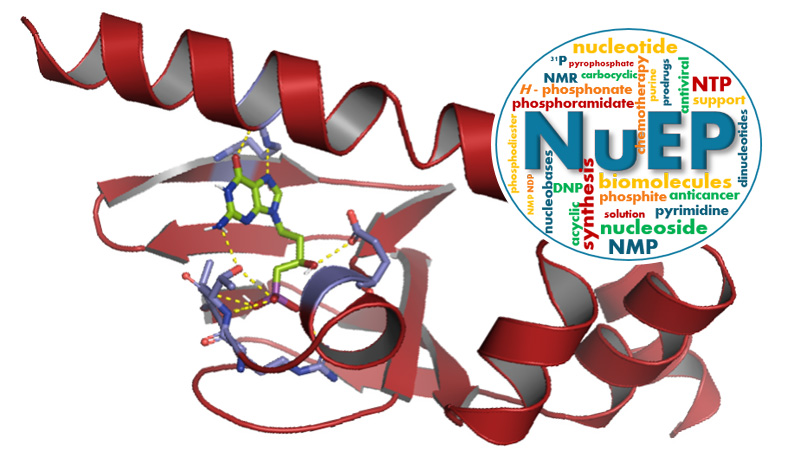
Our Themes
Design of antiviral and antitumour nucleoside analogues
Nucleoside analogues and emerging viruses. The recent Covid-19 pandemic is a reminder of our vulnerability to viruses, particularly emerging RNA viruses. Alongside a prophylactic approach (vaccines), the development of antivirals capable of inhibiting viral RNA polymerase, which plays a central role in the viral replication cycle, represents a complementary therapeutic approach. Inhibition of RNA polymerase using small molecules is an essential strategy that complements vaccination, with the aim of providing effective curative treatment for severe forms of the disease. In this respect, nucleoside analogues, known for their multiple applications in antiviral treatments and their potential in antiviral chemotherapy for decades, can provide an effective therapeutic response.
Nucleoside analogues and cancer. Nucleoside analogues also represent a therapeutic family that is widely used in the treatment of haematological malignancies and certain solid tumours. Historically, the use of these compounds in antitumour chemotherapy was their first area of application. However, the emergence of resistance phenomena may limit their clinical use in certain cases. In this respect, the search for new cytotoxic nucleoside analogues may provide an effective therapeutic response in the treatment of cancers.
Design of anti-malarial nucleotide analogues
Malaria, also known as “swamp fever”, is an infectious disease caused by a parasite of the genus Plasmodium, spread by the bite of certain species of anopheles mosquitoes. To date, malaria remains the most important parasitosis. In view of the multi-resistance of Plasmodium to current antimalarial drugs, the search for antimalarial drugs belonging to new chemical classes is essential, and may be envisaged through the empirical screening of chemical libraries or the rational design of enzymatic inhibitors. For example, the discovery of acyclonucleoside phosphonates (ANPs) marked the start of a new era in the fight against viral infections linked in particular to human immunodeficiency virus, hepatitis B virus and cytomegalovirus. More recently, this family of compounds has also proved capable of interfering with other pathogens, such as the one responsible for malaria. Our research team has been involved in the design and synthesis of nucleotide analogues for many years, and we are currently developing new families of compounds including ANPs and carbocyclic phosphonate nucleoside analogues.
Prodrug approaches, targeting and vectorisation
Because of the fundamental role of nucleosides and nucleotides in cellular life, the design of analogues is an attractive approach in chemotherapy, particularly for the treatment of cancer and viral infections. Usually, their therapeutic efficacy requires complex metabolisation to their corresponding polyphosphorylated forms (nucleotides) involving kinases and/or other activating enzymes encoded by the virus or naturally present in cells. By way of example, the resulting nucleoside 5′-triphosphates act as substrates and/or chain terminators during nucleic acid biosynthesis. The limiting step in this metabolisation process is often the first (mono-phosphorylation), so in order to circumvent this limitation, the design and synthesis of pro-drugs (prodrugs) is one of the team’s historical research areas.
Non-conventional approaches to the preparation of phosphorus-containing molecules
Green chemistry has become a major issue in chemistry and industry. It aims to design and implement chemical processes that respect the environment, in particular by reducing the use of hazardous substances and the generation of polluting waste, by favouring renewable raw materials over exhaustible resources, and by consuming less energy. In this context, our team is developing alternative and innovative methods for synthesizing phosphorus molecules of interest (dinucleotides, bisphosphonates, etc.) with a focus on eco-compatibility, using mechanochemistry and photochemistry. Mechanochemistry enables chemical reactions to be carried out by grinding, reducing or eliminating the use of often toxic organic solvents, while improving the efficiency and implementation of syntheses. This approach is currently underdeveloped in the field of nucleotide and oligonucleotide chemistry. Photochemistry is experiencing an unprecedented boom, as it enables the preparation of high-added-value and/or sensitive molecules by radicals under relatively mild conditions. At the same time, we are interested in the synthesis of phosphorus-containing molecules using alternatives to the organic solvents normally used, in order to reduce the environmental impact of the process.
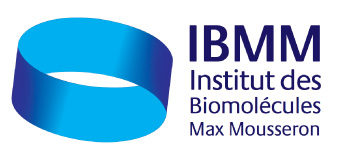
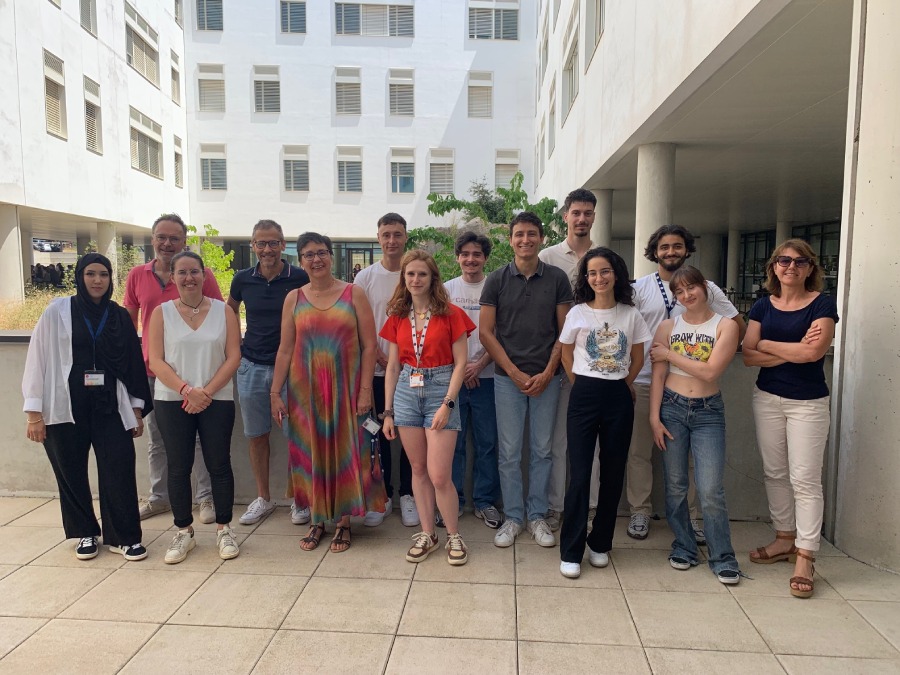
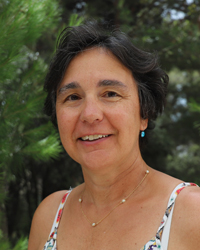 Suzanne PEYROTTES
Suzanne PEYROTTES